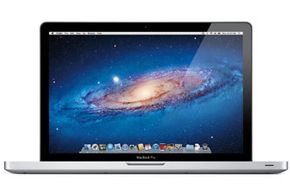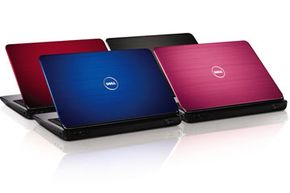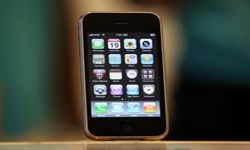If you're in the market for a new computer, the choices might seem overwhelming. You're faced with so many options, including what kind of processor you need, how big of a hard drive to get, the amount of RAM required, which screen resolution is best and so much more. There's a lot to consider when buying something you'll probably use most often to send e-mail, look at photos of your friends and check Facebook.
The first major decision most people make when purchasing a new computer is whether to buy a Mac or a PC. The two computers can seem a world apart, and both have diehard fans willing to defend their favorite's qualities. But have you ever noticed that Macs seem much more expensive than PCs? After all, you can walk into a computer store right now and walk out with a brand new PC for around $300. If you were shopping for a Mac, on the other hand, it would be impossible to spend less than $1,000.
Advertisement
So what's the deal with Mac pricing? Are they really more expensive than PCs?
As it turns out, there isn't much of a price difference between comparable Macs and PCs. If you built a PC to match what a baseline Mac offers -- with similar hardware, equivalent software, and all of the bells and whistles that come standard on a Mac -- you'd actually be looking at two similarly priced computers [source: McCracken]. One company -- Tom's Hardware -- wanted to see if there was really a price difference. It built a PC to match the specs of a base model Mac Pro and found the price difference to be less than $6 [source: Nguyen].
So if Macs aren't more expensive than their PC counterparts, why can't you go out today and buy a Mac for a few hundred dollars? A lot of the price difference comes down to options and perceptions.
Advertisement



